By Northern Board members, January 30, 2025
We Recommend: read | listen | watch, is a new Northern News feature section powered by our members and newsletter readers. We Recommend crowdsources book, podcast, and video recommendations to share with our readers.
Help fellow members discover new resources and inspire innovative ideas – and help us grow a community resource for all things urban planning and community building!
We’ll review your recommendation, selecting the most interesting and compelling recommendations for publication in Northern News or for sharing on our Instagram or LinkedIn social media pages.
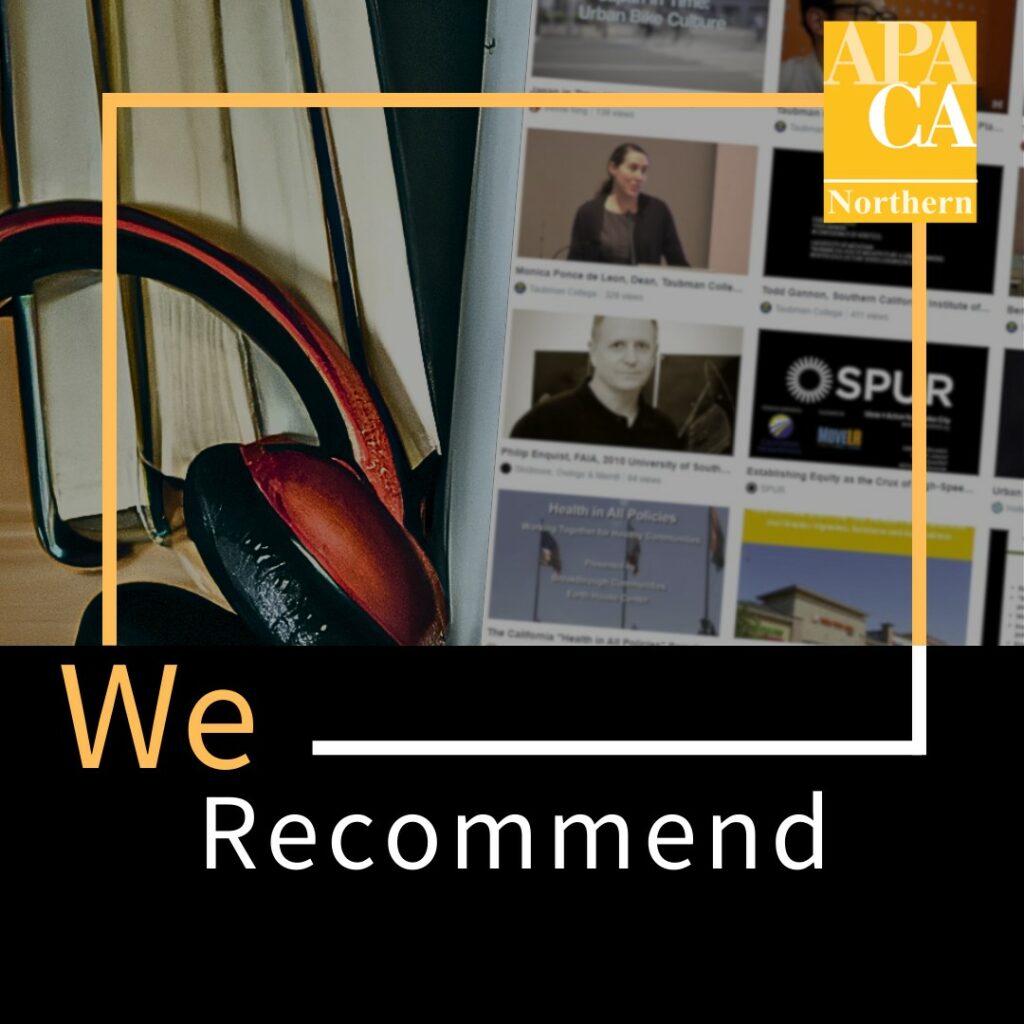
It’s easy to participate:
- Email us a favorite book, podcast, or video about urban planning, community building, or other topic that can help us grow as planners and community development professionals.
- Include a link to the media source and share a bit about it:
- What do you like about the book, podcast, or video?
- Why do you think it’s worth sharing?
- What do you hope others will gain from reading, listening to, or watching your recommendation?
Here are some recommendations from Northern board members:
Claudia Garcia, East Bay Regional Activity Co-coordinator, recommends:
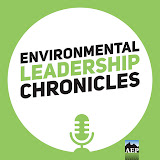
AEP Evironmental Leadership Chronicles
The Environmental Leadership Chronicles Podcast is brought to you by the California Association of Environmental Professionals (AEP). AEP interviews leaders in the environmental industry to share information about their career development beyond the technical work. This podcast is for anyone who is interested in any and all things within the environmental profession. Existing episodes are available for listening on:
Adrienne Mau, AICP, Administrative Director, recommends:
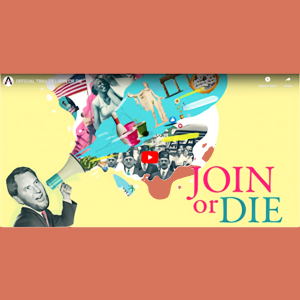
Join or Die — a Netflix documentary
This documentary is about Robert Putnam’s research turned book Bowling Alone, which meticulously outlines that American enrollment in social activities, particularly clubs, has declined over the last 50 years. The film explains the importance of socializing with people from all backgrounds and perspectives, using data that shows improved physical and mental health and well-being. This is more evident today as we emerge from the COVID-19 pandemic and the increasing political division throughout the country. This film provided energy and faith that people of all backgrounds can unite in a shared belief that positively transforms their society.
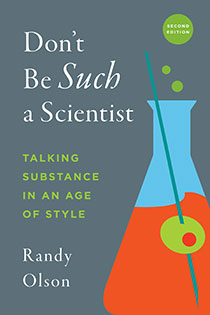
Don’t Be Such a Scientist by Randy Olson
Don’t take the book title for face value. This is a communications book and applies to everyone who wants to engage with the public on a topic that initially doesn’t sound interesting or applicable to their lives. As planners, we must translate jargon terms, concepts, and policies so the general public can understand them, but we also need to keep them engaged. Author Randy Olson brings his personal experience as a former marine biologist turned filmmaker to walk the reader through scenarios on how to communicate with the public through the heart, gut, and, at times, loins. To accomplish positive outcomes takes time and constant revision. However, the outcome can convert our technical language into human language.
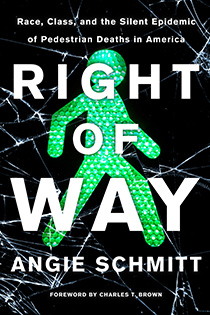
Right of Way by Angie Schmitt
Almost everyone walks or rolls in the U.S., and over the past decade, we have seen a surge in pedestrian-driver crashes that result in severe injuries and fatalities. This is not an accident but by design. The author meticulously details examples throughout the country of how cities design hostile pedestrian infrastructure, such as narrow sidewalks and multiple travel lanes without refuge islands. Also, policies that center vehicle speeds rather than the surrounding transportation and land use environment. She also highlights the automobile industry’s liability through marketing big trucks and SUVs over the past 30 years. The book challenges readers to redirect priorities towards a more integrated and livable multi-modal transportation environment.
Michael Cass, Section Director, recommends:
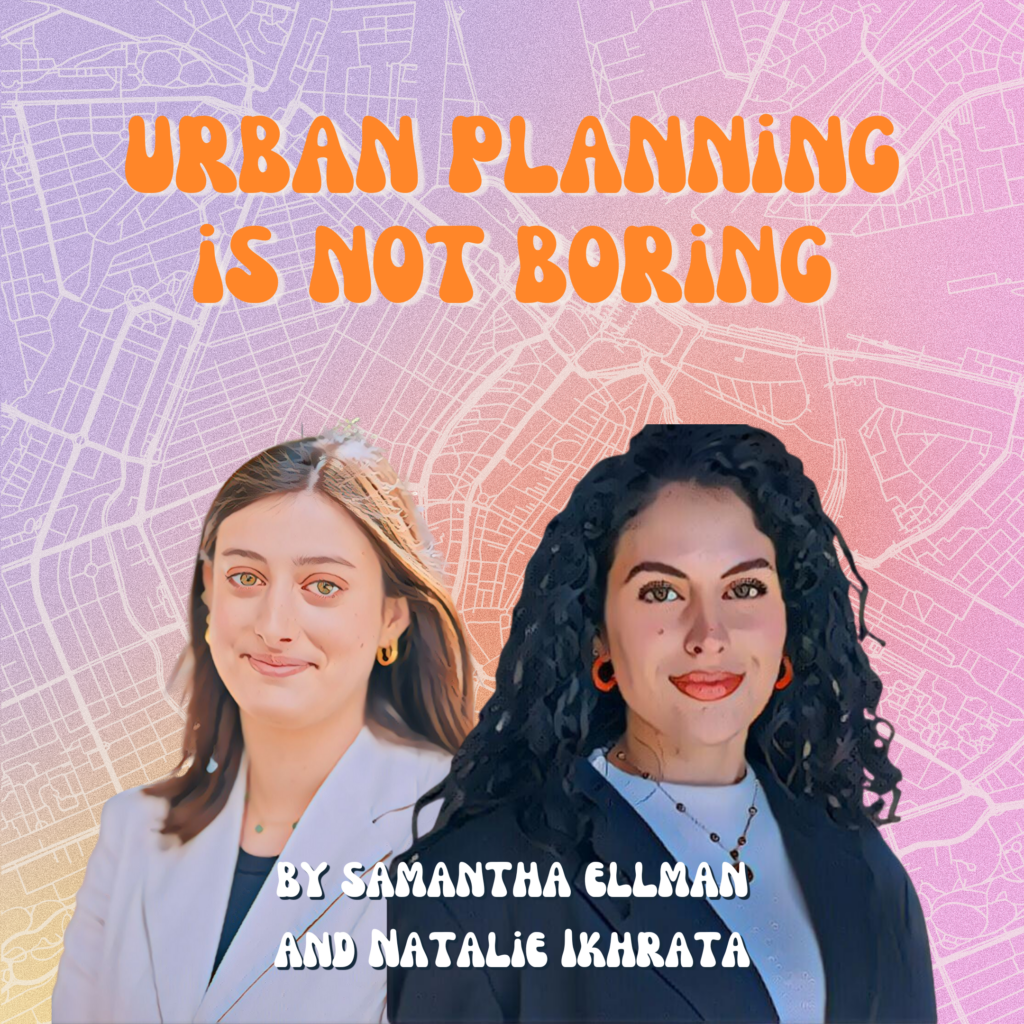
Podcast: Urban Planning is Not Boring
Podcasters Sam Ellman and Natalie Ikhrata offer innovative perspectives on a myriad of topics related to our favorite topic – urban planning! – in their 53 episodes of Urban Planning is Not Boring. Their approach is refreshing and energizing, and their delivery is engaging. Additionally, Sam is one of our newest Northern board members, and we’re thrilled to have her bring her creativity to our volunteer work in service to our section.
Richard Davis, Associate Editor | Transportation Consultant, Steer, recommends:
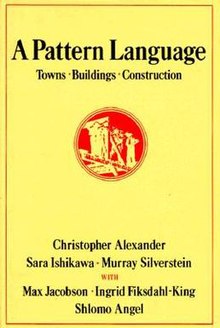
Book: A Pattern Language, by Christopher Alexander, Sara Ishikawa, and Murray Silverstein (1977)
This perennial best-selling book in urban planning and architecture established the concept of a “design pattern,” broadly defined as adaptable solutions to common problems. Through non-technical prose, photographs, and humble sketches, Alexander and co-authors elaborate patterns for enriching the built environment from regions down to home decorations. Together, these patterns form a language, providing a shared vocabulary for people to recognize and suggest ways to shape their surroundings. A landmark in systems thinking, A Pattern Language spans disciplines beyond planning and remains an enduring tool for grappling with complexity.
Dhawal Kataria, AICP, RSP1, Associate Editor | Transportation Planner, Kittelson & Associates recommends:
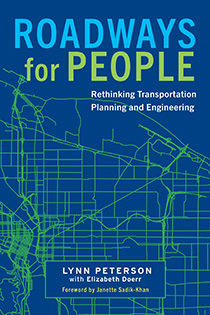
Book: Roadways for People: Rethinking Transportation Planning and Engineering, by Lynn Peterson with Elizabeth Doerr (2022)
Lynn Peterson discusses how her frustration with the project decision-making process led her to focus on the initial scoping and problem statement as critical for project success. She emphasizes that many projects fail because the problem statement is too narrowly defined, often focusing on specific issues like vehicular delays or safety without considering broader community needs and values. This narrow scope leads to ineffective solutions and wasted resources, corroding public trust. Roadways for People is written to empower professionals and policymakers to create transportation solutions that serve people rather than cars. Examples across the U.S.—from Portland, Oregon to Baltimore, Maryland—show what is possible with a community-centered approach.
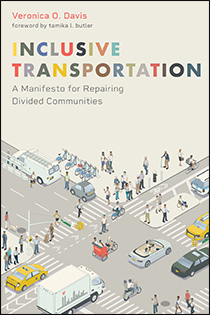
Book: Inclusive Transportation: A Manifesto for Repairing Divided Communities, by Veronica Davis (2023)
As the title suggests, Inclusive Transportation delves into the crucial subject of equity in transportation, elucidating why it is vital and how to achieve it. Veronica Davis masterfully uses an emergency room analogy to explain equity, where individuals are prioritized based on the severity of their condition. Similarly, transportation projects should be prioritized using a decision framework that focuses on communities in urgent need of attention.
One of the standout aspects of the book is Davis’s discussion on engagement, particularly regarding the “silently suffering” group. These are individuals who, due to various constraints, cannot attend community meetings and whose needs are often overlooked in decision-making processes. Davis emphasizes the importance of considering the impact on these individuals to avoid decisions that could inadvertently harm them. While Inclusive Transportation serves as a reference for transportation professionals, offering practical guidance on project approaches and ensuring inclusive participation, it is an excellent resource for planners looking to deepen their understanding of equity in their work.
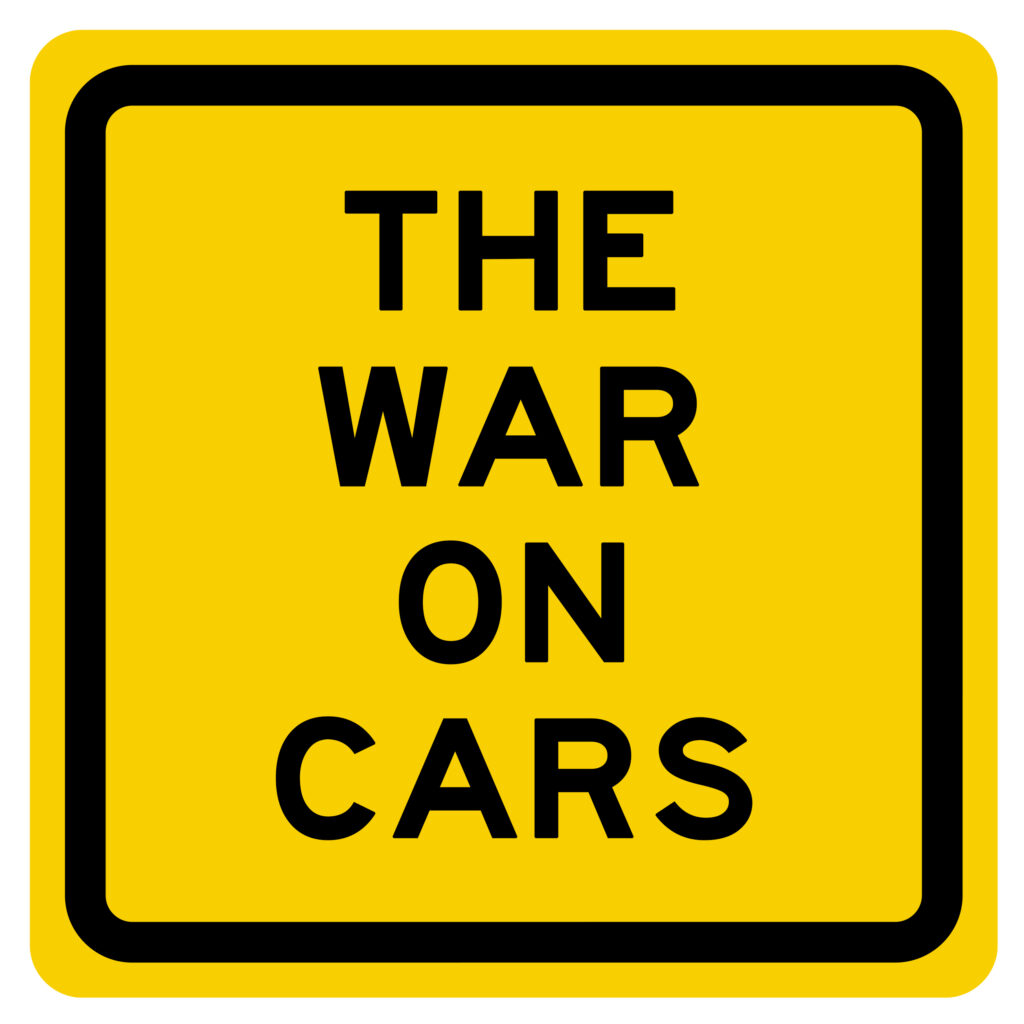
Podcast: The War on Cars – Inclusive transportation with Veronica O. Davis (August 2023)
Veronica Davis tells her own “transportation story,” asks readers to think about their own, and urges transportation professionals to consider past injustices and do the hard work that results in more than an idea and a catchphrase. She also has a lot of advice for how to approach community engagement and the different types of “stakeholders” who can make or break a street improvement project.
Andrew Trippel, AICP, Communications Director | Principal Planner, M-Group recommends:

Not so long ago (for some of us!), author Robert Caro masterfully wrote about how power shapes our cities in The Power Broker: Robert Moses and the Fall of New York. On the occasion of this Pulitzer Prize winner’s 50th anniversary, Caro’s writing is subject to new scrutiny by several New York Times writers, including a podcast interview with the author hosted by Gilbert Cruz (link above) in which Caro reflects on power, power in democracy, and Moses’ enduring impact on New York City. If you’ve not read The Power Broker, consider finding some time to spend with it, and if you’ve previously read it, you may find that reading the articles linked above will have you returning to it for another reading.
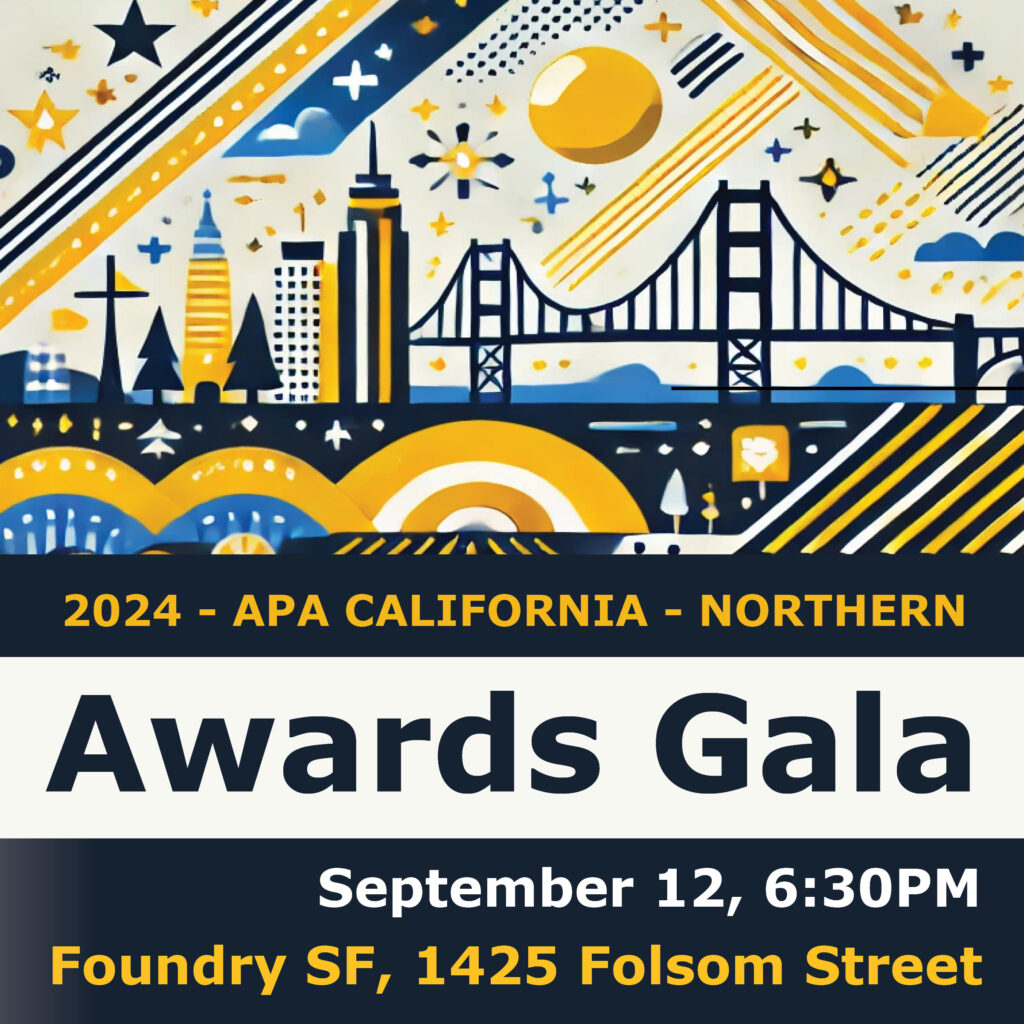
Northern board member Adrienne Mau crowd-sourced this playlist for the 2024 Northern Awards Gala, and it’s so worth adding to your regular playlist rotation. This wonderful 68-song collection of energizing, often sophisticated sounds from a diverse array of artists ranging from familiar favorites like Beyonce, Outkast, The Smiths, and Shaggy to perhaps less familiar but equally excellent songs by Foxygen, Calexico, Jungle, Remi Wolf, and so many others. Whether you need tunes for an upcoming house party or road trip or to make your workday more fun, the 2024 Northern Awards Gala playlist will take care of you.
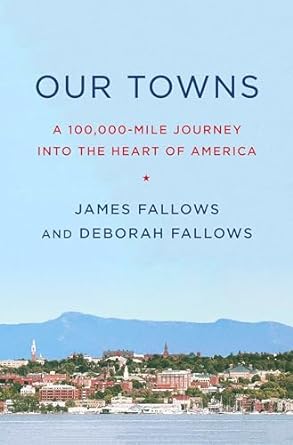
Our Towns explores the heartland of America through the documentary work of journalists James Fallows and Deborah Fallows, who traveled over 100,000 miles visiting small towns across the country. The project, which includes a book, documentary, and a foundation, focuses on:
- Civic renewal: How communities are finding ways to overcome challenges and thrive.
- Local initiatives: Inspiring stories of people coming together to make a difference.
- Hope and resilience: The enduring spirit of American towns.
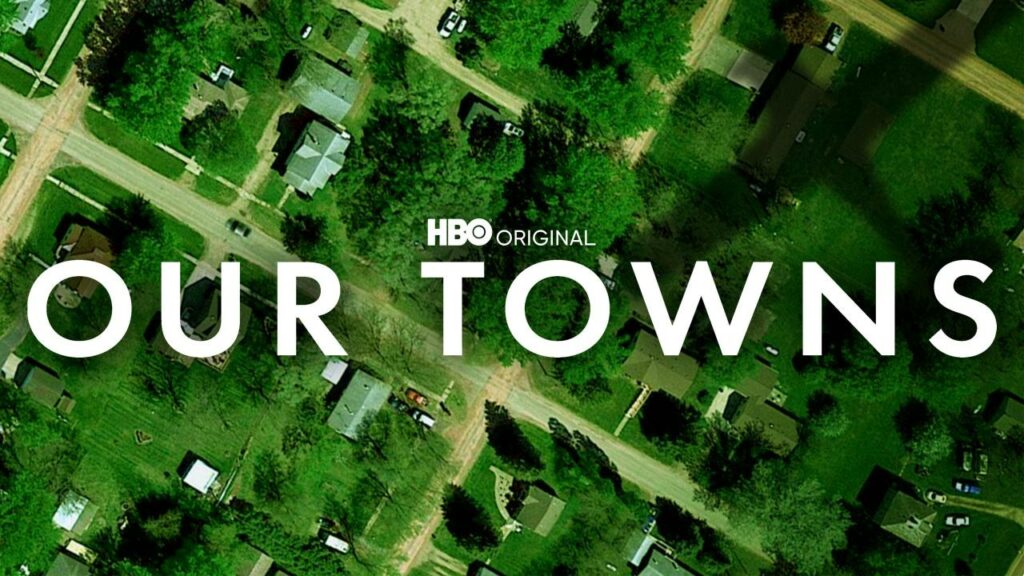
Documentary: HBO Original — Our Towns
Email us a favorite book, podcast, or video about urban planning, community building, or other topic that can help us grow as planners and community development professionals!
